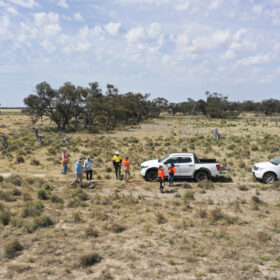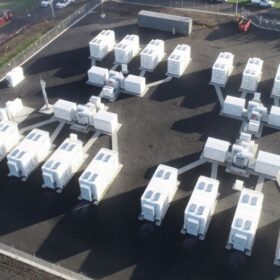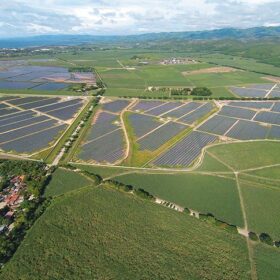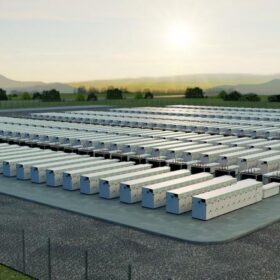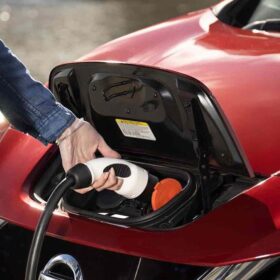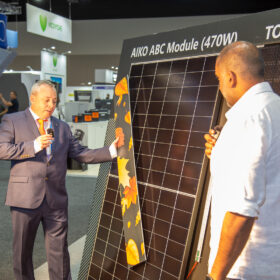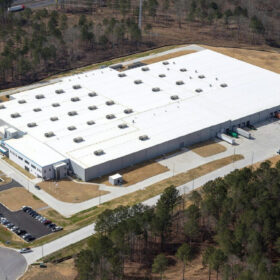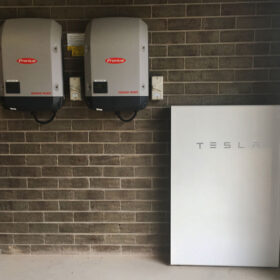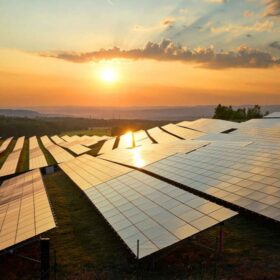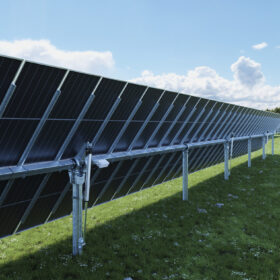Coalition of clean energy stakeholders call for “measured and considered” local content in renewable energy projects
A coalition of leading interest groups across Australia has called on the federal government to introduce local content requirements in renewable energy projects. Multiple economic, business and social benefits for the Australian economy would result, according to the groups.
New Zealand welcomes first big battery to national grid
New Zealand’s transition to a renewable energy future has taken a significant step forward with the nation’s first grid-scale battery energy storage project now offering injectable reserves to the electricity market for the first time.
ACEN and BrightNight to develop 1 GW of renewables in Philippines
Both active in the Australian renewables market, Philippines-based energy company ACEN has partnered with United States-headquartered producer BrightNight to develop the latter’s 1 GW renewable power portfolio in the Philippines.
Investor group calls for policy support to deliver ‘critical’ battery storage
A new report published by the Clean Energy Investor Group calls for federal and state governments to financially back long-duration energy storage assets to ensure Australia’s clean energy transition 2030 targets are met.
Vehicle-to-grid tech offers potentially lucrative market for EV fleet owners
Australian electric vehicles could earn up to $12,000 in a single year using vehicle-to-grid technology to provide frequency regulation services to the National Electricity Market according to a report published by the Australian Renewable Energy Agency.
China’s Aiko to deliver 2 GW of All Back Contact modules to Australian shores from March
Chinese manufacturer Aiko showcased its GEN 2 N-type ABC (All Back Contact) modules at last week’s Smart Energy Expo, where the technology’s shade optimisation, enabled by its cells’ bypass diode function, made a splash. Pv magazine spoke to Aiko’s leadership about how its technology works and how the Australian market entrant plans to position itself down under.
Weekend read: Thin prospects
The production of PV ingots and wafers remains the most highly concentrated of all the production stages in the silicon solar supply chain. Yet efforts to re-establish production in Europe and the United States are not for the faint-hearted.
NT scheme sets pace for residential solar battery storage adoption
The Northern Territory has emerged as the national leader in solar battery adoption with more than 30% of homes and businesses with rooftop solar systems having now installed a battery.
PM commits $2 billion to boost Southeast Asia’s future 454 GW need
Australia will invest $2 billion into Southeast Asia green energy and infrastructure development as part of a broader economic strategy that estimates the region’s electricity generation needs by 2050 to be 454 GW.
Smart Energy Expo: Trina spotlights system supply
Trina highlights value of single supplier in community solar, agrivoltaic applications along with PV power plant revamping.
